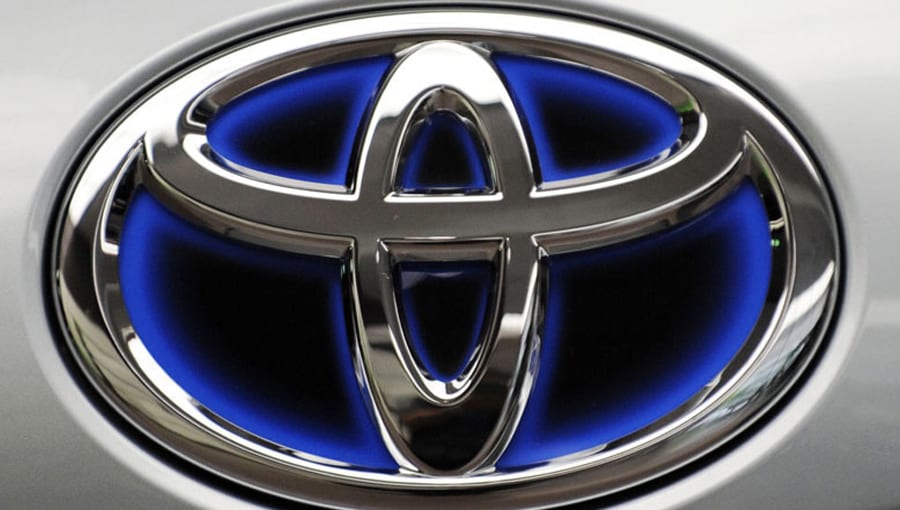Toyota Motor said it is recalling 1.85 million RAV4 sport utility vehicles in the United States over fire risks stemming from the installation of replacement batteries.
The recall covers 2013-2018 model year vehicles. Toyota said some replacement 12-volt batteries have smaller top dimensions and if a hold-down clamp was not tightened correctly, the battery could move when the vehicle is driven with forceful turns potentially short circuiting, increasing the risk of fires.
Toyota said dealers will replace the battery hold-down clamp, battery tray, and positive terminal cover with improved ones and will notify customers of the recall schedule by late December.
Earlier, Toyota more than doubled its second-quarter profit and sharply raised its full-year outlook on Wednesday, as a weaker yen currency bolstered the impact of robust global sales.
The world’s top-selling automaker reported a record operating profit of 1.44 trillion yen ($9.5 billion) in the three months to end-September, a 155.6% increase from a year earlier.
Wall St falls as investors assess more data, earnings; Fed meet in focus
Toyota said it sold more cars in all global regions, including the United States, Asia and its home market, over the six months to end-September compared to the same period a year earlier.
After years of criticism for being slow to embrace battery electric vehicles, Toyota in June unveiled a sweeping revamp of its EV strategy and committed to improve the driving range and cut costs of electric vehicles.
It now appears to be benefiting from both market optimism about that strategy and renewed interest in its line-up of gasoline-electric hybrids as some of the enthusiasm around EVs fades, especially as consumers in the United States grapple with higher financing costs.
Hybrids, which tend to be cheaper than some pure battery-powered EVs, still account for more than 90% of Toyota’s electrified car sales. Sales of hybrids jumped 41% to 888,000 vehicles in the quarter to September.
Still, analysts have said that Toyota faces plenty of challenges, particularly in China, where the rise of domestic EVs and the market’s fast shift to battery-powered cars have hit rivals such as Nissan Motor and Honda Motor hard.
































